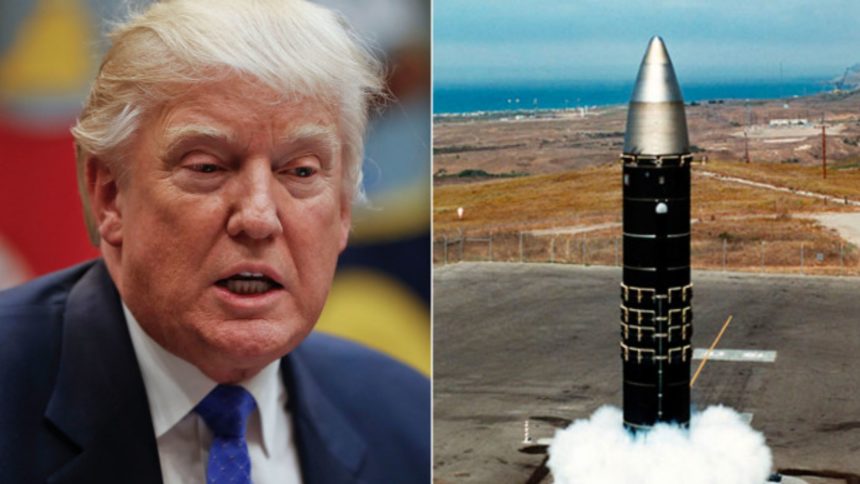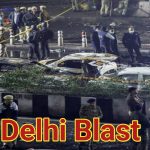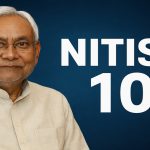By | Gitanjali Thorat | PR Desk
Mumbai: Renewed discussions in Washington about modernising and potentially resuming components of nuclear testing have triggered unease across major world capitals. While the United States maintains that any review is aimed at ensuring the reliability of its ageing arsenal, the timing has drawn global scrutiny, especially amid rising geopolitical tensions in Europe and the Indo-Pacific.
Global Reactions
Russia was the first to signal uneasiness, warning that any shift in the long-standing testing moratorium could spark reciprocal actions. Moscow has already withdrawn its ratification of the Comprehensive Nuclear-Test-Ban Treaty (CTBT), arguing that strategic balance must be preserved. China has adopted a guarded tone, calling for restraint while expanding its own nuclear modernisation programme. US allies in Europe appear divided: some view American assertiveness as necessary deterrence, while others fear it could undermine decades of arms-control architecture.
Several non-nuclear states, especially in the Global South, have expressed concern that renewed testing debate by a major power erodes the moral foundation of non-proliferation efforts. Diplomats at the UN have cautioned that even signalling a shift can create anxiety for countries dependent on nuclear-umbrella security guarantees.
India’s Perspective
India is watching the developments with a mix of caution and strategic calculation. New Delhi is not a signatory to the CTBT, but it has maintained a voluntary moratorium on testing since 1998. Officials argue that any destabilising move by major nuclear powers complicates global norms and increases pressure on regional security frameworks. Analysts in New Delhi also point to China’s expanding arsenal and deepening ties with Pakistan as factors that could influence long-term Indian policy.
While India is unlikely to alter its present stance immediately, strategic planners stress the need to closely monitor shifts in US, Russian and Chinese doctrines. For countries navigating a volatile security environment, even small signals from nuclear superpowers can reshape global expectations.






